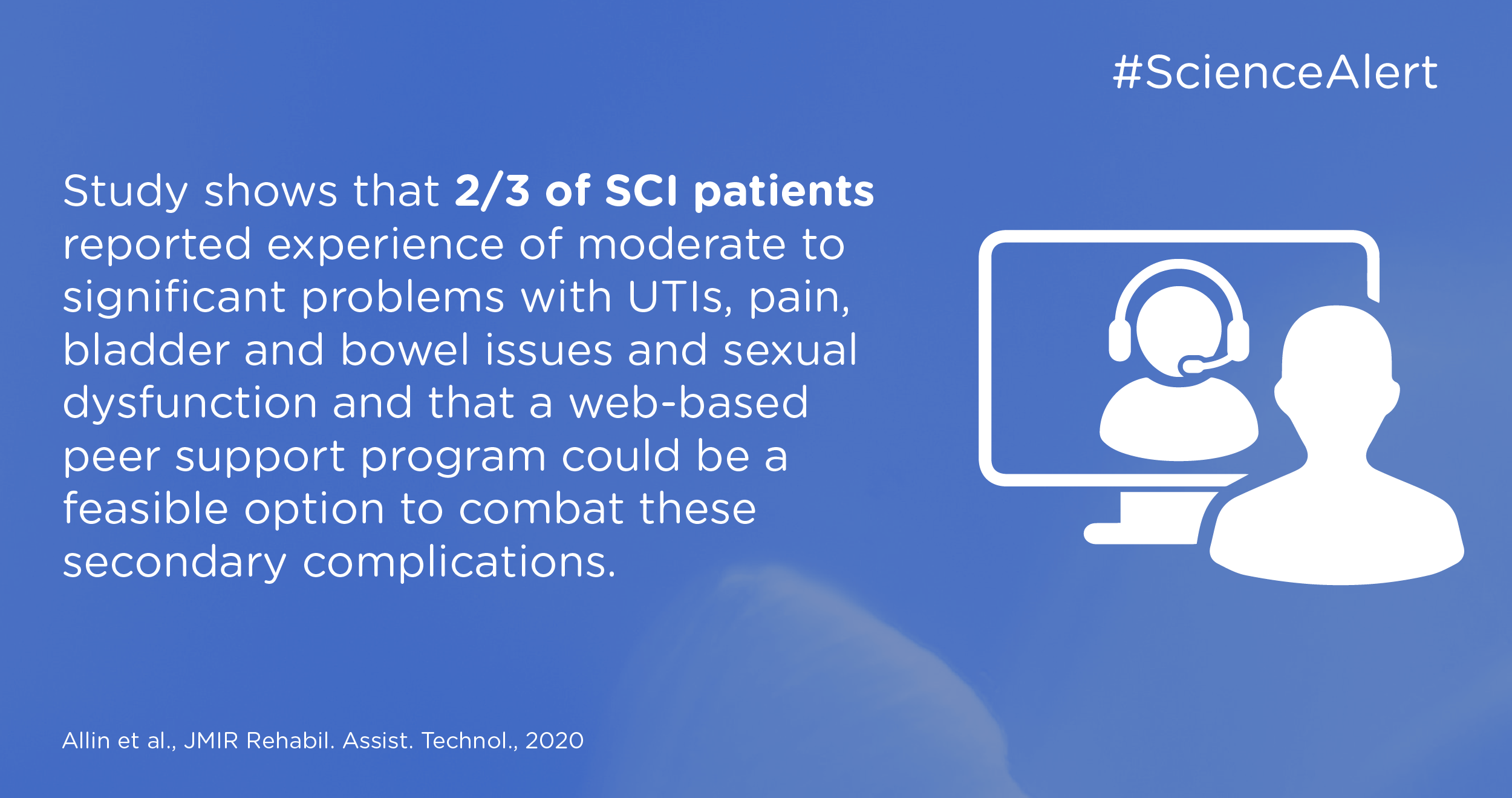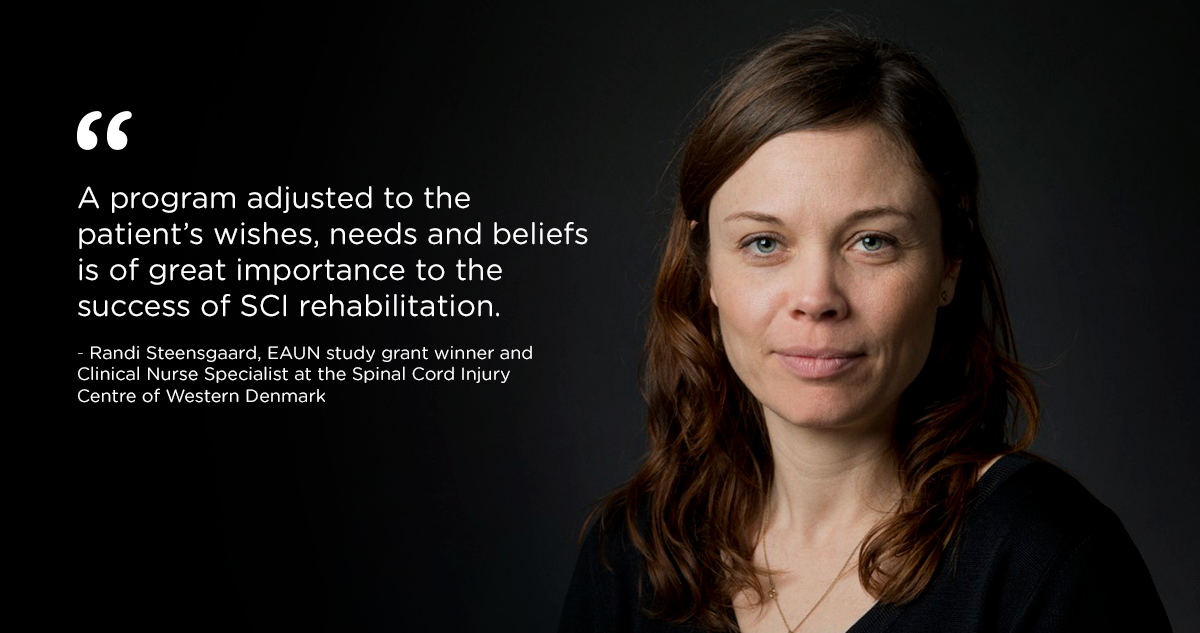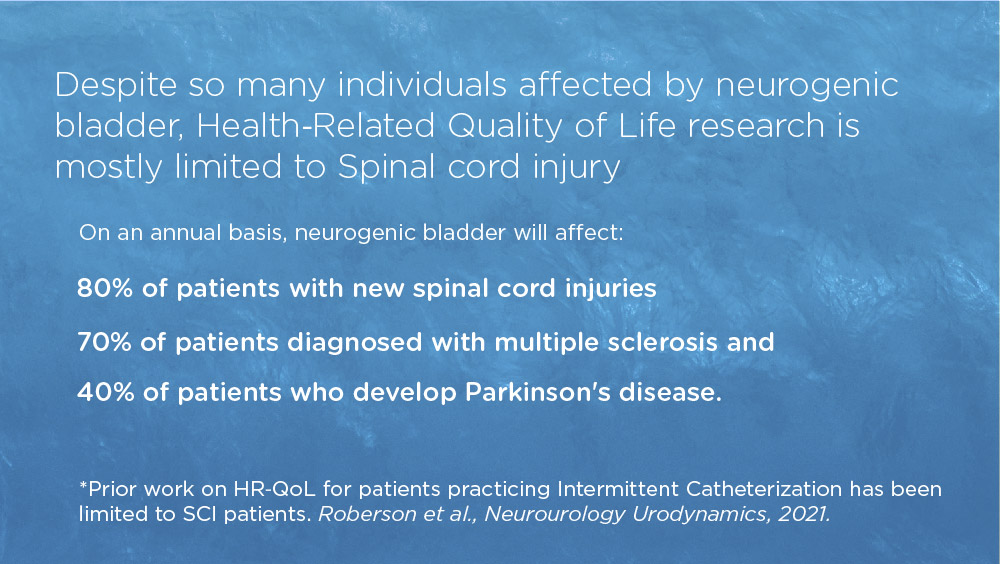In this article Allin et al. explores the feasibility and potential impact of health-coaching support for individuals with spinal cord injury (SCI).
Read MoreTopics: Spinal Cord Injury
What can a Wellspect study grant do for you as a healthcare professional? Recent winner of the EAUN study grant, sponsored by Wellspect, Randi Steensgaard, Head of Clinical Nursing Research from Denmark, is making a valuable contribution to Spinal Cord Injury care and research, supporting patients to lead a meaningful life.
Read MoreTopics: Study grant, Spinal Cord Injury, rehabilitation
For a successful therapy, it’s important to find out the patients’ actual experiences when performing intermittent catheterization (IC). But a lack of research can provide obstacles. Have we heard directly from the patient about the difficulties they face when approaching IC?
A recent study seeks to remedy this neglect in research; it involved a total of 200 adults who had independently been performing IC for at least 6 months across the US.
Read More
Topics: Urinary Tract Infection (UTI), Neurogenic bladder, Spinal Cord Injury (SCI), Parkinsons disease, Intermittent Catheterization, multiple sclerosis
Wellspect supports evidence-based research and practice in the field of continence care, and sponsors the annual ESPUN study grant. Tinne Van Aggelpoel is the latest winner, and for World Toilet Day, we present the outcome of her study in the field of pediactric bladder and bowel management.
Read MoreTopics: Bladder management, European Society for Paediatric Urology (ESPU), Study grant, WorldToiletDay
People with neurogenic bladder and/or bowel dysfunction often suffer from highly individualized symptoms. It can be difficult to quantify change in an individual’s symptoms using standardized measurement tools, and points to the value of Patient—Centered Outcome Measures.
Read MoreTopics: Neurogenic bladder, Neurogenic bowel, Bowel dysfunction, Bladder dysfunction, quality of life






